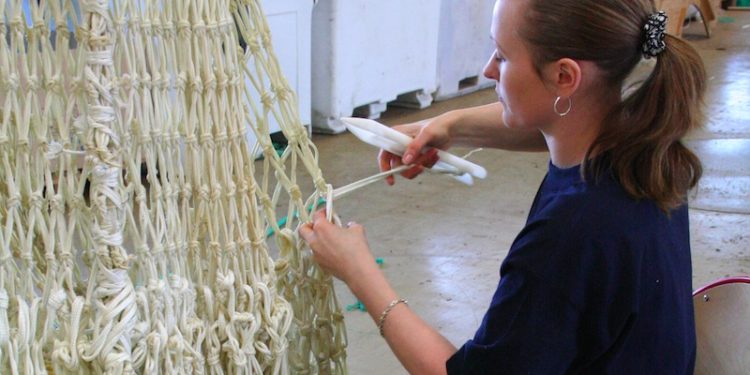The International Association for Women in the Seafood Industry (WSI) has released the results of a worldwide survey carried out on perceptions on the positions, roles and responsibilities of women in the seafood industry. The survey is based on responses between September and December 2017, and provides evidence of pervasive gender-based discrimination, a wide gap in perception between men and women and a limited consciousness of the gender relationship and gender imbalance in this industry.
During the autumn of 2017, seven hundred seafood industry professionals agreed to share their perception on the situation of women at their workplace and in their industry in general. Their precise answers and enlightening comments were analysed to produce this exploratory survey which fills in some knowledge gaps, feeds the debate and identifies new avenues to address the challenge.
One industry professional in two (56%) admits that this industry is not equally attractive and equitable to both genders. The percentage of women reporting inequality is much higher at 61% compared to 38% among men. Answers range from 50% in the NGO sector to 64% in the fishing industry. Differences by continent are wider, with a 24 point difference between South America (64%) and Scandinavia (40%), the latter being the only region where positive opinions outweigh negative ones.
The survey provides evidence of gender-based discrimination at work, unfavourable working conditions, strong prejudices and unequal opportunities for women. These barriers do not operate separately from each other; rather they complement each other and form a vicious circle that shapes gender characteristics and interactions among workers in the seafood industry.
As a majority of respondents reported, these hurdles make this industry unattractive to women, mainly for those who have the capacity to choose among different professional environments.
Much scope for progress
This 2018 panorama of gender equality in the seafood industry is at the same time gloomy and promising. Responses to the survey confirm what had been shown elsewhere; that no activity is free from gender discrimination, stereotypes and imbalance in working opportunities. Gender inequality is pervasive and not yet on the agenda of a great majority of seafood leaders, offering per se room for progress.
According to WSI, under the combined pressure of calls for progress from intergovernmental institutions, justifiable requests from a growing number of women, the pressure of dedicated NGOs, and the positive influence of gender sensitive and responsible companies, this industry can no longer ignore the issue.
WSI co-founder Marie-Christine Monfort said that based on responses to the questionnaire, this study has identified three steps which could work efficiently to break the vicious circle of gender inequality in the seafood industry. These are raising the consciousness of all stakeholders of what is at stake, engaging men in this progressive conversation, and creating opportunities for such dialogue on gender equality among all stakeholders to happen.
‘Readers of this report may consider implementing dedicated actions to tackle the issue in their institution, company or association,’ she suggested, adding that since changes will not happen by accident, and as there are no quick fix solutions, ensuring that this issue emerges in order to raise awareness is an indispensable step in stimulating consciousness of gender issues.
Bringing men into the conversation
‘This can take multiple forms. And in this respect, the media, event organisers and others influential stakeholders in the business can contribute by doing their bit,’ she said.
‘As men are in the best position to influence the business environment it is essential to bring them into the conversation. The survey revealed a strong gap in perception between men and women, between those directly concerned and others less concerned. There is an urgent necessity for a shared diagnosis, which should also involve professional organisations (fisherfolk co-operatives, trade-unions, professional organisations) which in most countries are run by men.’
‘WSI feels that time has come to share the diagnosis and start a dialogue on this key element of social sustainability across all seafood stakeholders. WSI calls upon the responsibility of international organisations and national institutions, professional associations, trade unions, private corporate and NGOs to encourage and facilitate the organisation of a Gender Equality Dialogue in the Seafood Industry,’ Marie Christine Monfort said.
‘WSI is convinced that dialogue between these multi stakeholders would help the seafood industry and many of its segments to move towards more inclusiveness and gender equality.’









